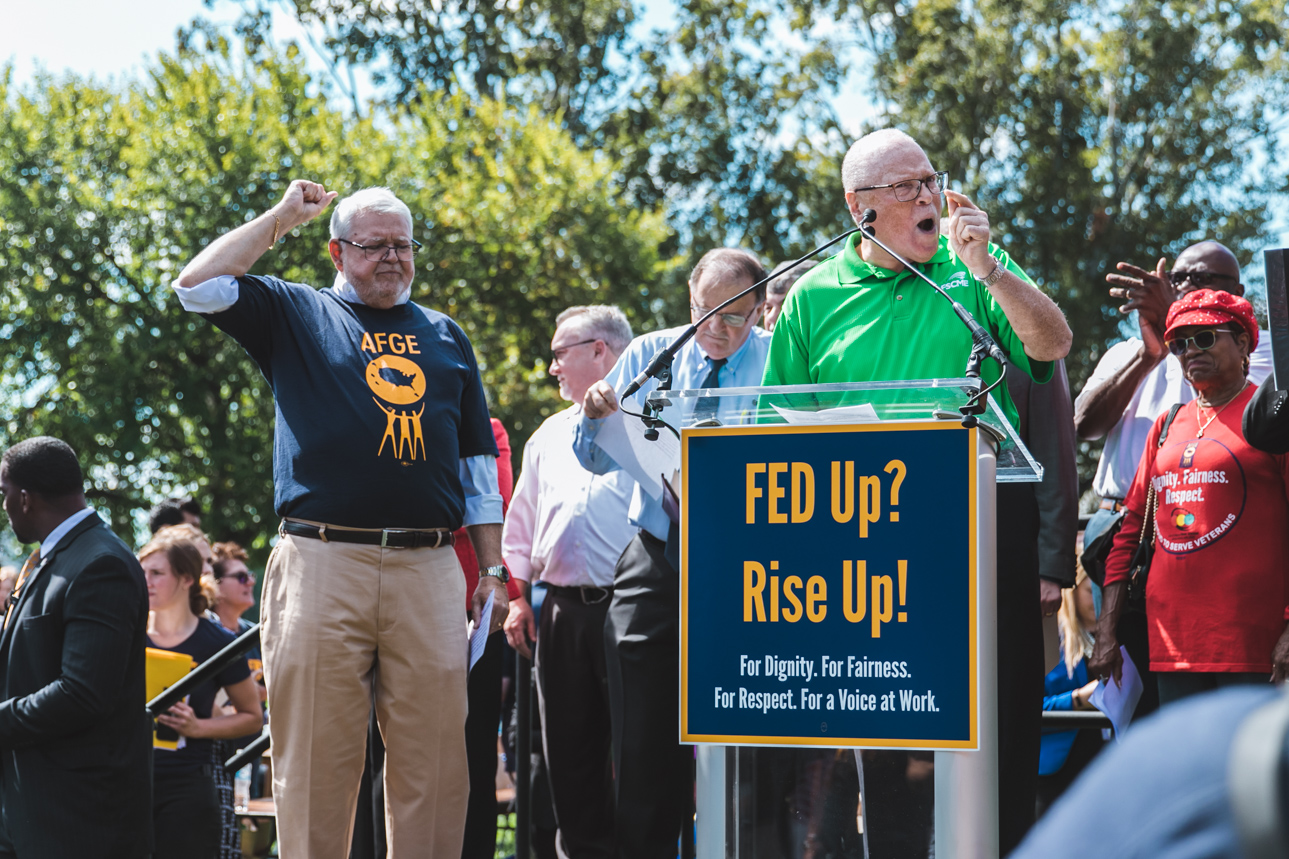
Henry Green is a student at Harvard Law School.
In today’s news and commentary, federal employees challenge Trump executive orders, Trump announces changes at the NLRB but does not fire the general counsel, and Lori Chavez-DeRemer meets with the restaurant industry.
Anjali’s post yesterday covered a flurry of day one executive actions by President Trump aimed at the federal workforce, including hiring freeze, return-to-office, and “Schedule F” orders. Lawsuits have quickly been filed to challenge some of those actions. The National Treasury Employees Union (NTEU) filed a lawsuit on Monday targeting the Schedule F order, which would make it easier for the Trump administration to fire career employees. In a statement, NTEU’s president criticized the order as “about administering political loyalty tests to everyday employees.” President Trump previously issued a Schedule F order in 2020, which NTEU also sued to challenge; President Biden rescinded the order before a judge could rule on that case. Three additional lawsuits filed yesterday challenge the Elon Musk-led Department of Government Efficiency.
At the Department of Labor, Trump’s first day actions included making Vince Micone acting secretary of labor while Lori Chavez-DeRemer awaits Senate confirmation. Trump also elevated Marvin Kaplan, the sole Republican on the National Labor Relations Board, to chair. Democratic nominees still hold a majority on the board, but Kaplan will lead a Republican majority once Trump nominees win Senate confirmation. However, Trump has not yet removed Jennifer Abruzzo as the NLRB’s general counsel.
Secretary of Labor nominee Lori Chavez-DeRemer met with representatives of the restaurant industry last week. The International Franchise Association led the meeting, with representatives for McDonald’s, Yum! Brands (the parent company of KFC, Taco Bell, and Pizza Hut, among others), and Wendy’s in attendance, along with “salon brands and at least one hotel chain,” according to Bloomberg. The parties discussed joint employer status for franchised restaurants, a “top concern” for the industry. They also discussed the PRO Act, which Chavez-DeRemer supported as a member of Congress, and which the International Franchise Association has urged her to denounce.






Daily News & Commentary
Start your day with our roundup of the latest labor developments. See all
December 22
Worker-friendly legislation enacted in New York; UW Professor wins free speech case; Trucking company ordered to pay $23 million to Teamsters.
December 21
Argentine unions march against labor law reform; WNBA players vote to authorize a strike; and the NLRB prepares to clear its backlog.
December 19
Labor law professors file an amici curiae and the NLRB regains quorum.
December 18
New Jersey adopts disparate impact rules; Teamsters oppose railroad merger; court pauses more shutdown layoffs.
December 17
The TSA suspends a labor union representing 47,000 officers for a second time; the Trump administration seeks to recruit over 1,000 artificial intelligence experts to the federal workforce; and the New York Times reports on the tumultuous changes that U.S. labor relations has seen over the past year.
December 16
Second Circuit affirms dismissal of former collegiate athletes’ antitrust suit; UPS will invest $120 million in truck-unloading robots; Sharon Block argues there are reasons for optimism about labor’s future.